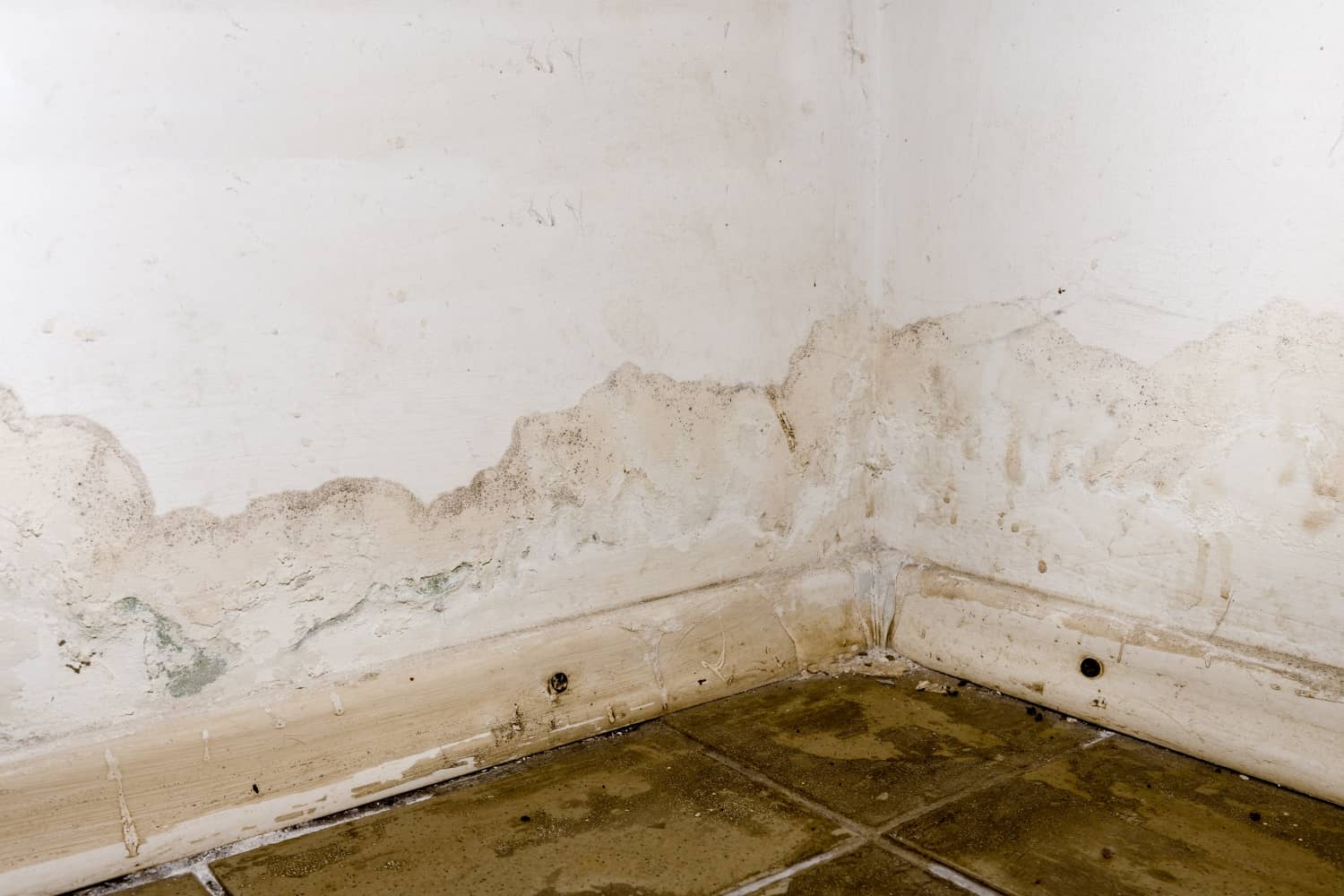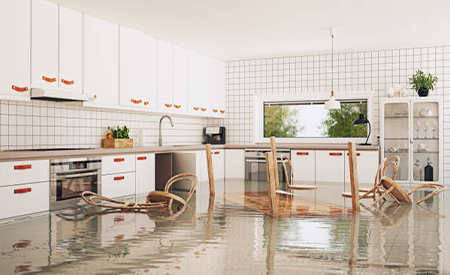Water Mitigation Company with Proven Track Record of Success in Restoration
Water Mitigation Company with Proven Track Record of Success in Restoration
Blog Article
The Process of Water Damages Clean-up: Ensuring Your Home Is Recovered Successfully
Water damage can be a daunting obstacle for home owners, necessitating a thorough and structured cleanup process to recover security and functionality. A detailed evaluation is vital to recognize the extent of the damage and identify the ideal remediation procedures. Following this, reliable water removal methods play a crucial role in reducing additional injury. Nevertheless, the subtleties of drying out, sanitizing, and eventual repair are similarly vital and usually neglected. Recognizing these stages can make a significant difference in the outcome of your home's reconstruction, prompting a closer check out what each step requires.
Analyzing the Damages
Upon uncovering water damages, the very first step is to thoroughly evaluate the extent of the effect. This initial evaluation is crucial, as it aids identify the essential steps for effective cleaning and repair. Begin by examining the influenced locations, consisting of walls, ceilings, floorings, and individual possessions, to identify the resource of the water breach, whether from flooding, leaks, or condensation.
Documenting the damages is necessary for both insurance coverage claims and intending reconstruction efforts - damage restoration services. Usage photos and written notes to record the intensity of the damage, keeping in mind any type of damaged architectural aspects and materials. Pay unique attention to locations that might not be right away noticeable, such as behind walls and under carpets, as concealed wetness can cause more issues, including mold growth
In addition, assess the timeline of the water exposure. Inevitably, a comprehensive analysis lays the foundation for a successful water damage cleaning procedure, making certain that all impacted locations are attended to effectively and completely.
Water Removal Strategies

Experts usually utilize submersible pumps for larger volumes of water, which can quickly ease flooding in cellars or various other impacted areas. For smaller sized amounts, wet/dry vacuum cleaners are usually made use of to draw out residual wetness from carpets and hard surface areas. In addition, utilizing mobile extractors permits targeted removal in confined rooms or areas with fragile materials.
In instances of infected water, such as sewage or floodwater, advanced removal strategies may involve making use of biohazard devices to guarantee security and compliance with wellness guidelines. High-powered extraction devices are crucial in decreasing water retention in structural products, which can cause mold growth and architectural damage if not resolved immediately.
Inevitably, the effectiveness of water extraction methods plays an essential function in the total success of the water damage cleaning process, preparing for subsequent reconstruction efforts.
Drying and Dehumidification
As soon as standing water has been properly removed, the next critical stage in the water damages cleanup procedure is drying and dehumidification. This action is important to protect against further damages and mold development, which can occur within 24 to two days in wet settings.
To attain efficient drying out, specialized devices such as industrial-grade air moving companies and dehumidifiers is used. Air movers flow air throughout wet surface areas, enhancing evaporation prices, while dehumidifiers reduce humidity levels in the air, advertising a conducive environment for drying. The combination of these devices guarantees that dampness is attracted out from wall surfaces, furnishings, and floors, permitting them to completely dry thoroughly.
It is crucial to keep track of the drying out process closely. Professionals usually use moisture meters to assess the dampness content in various materials, guaranteeing that all impacted areas get to acceptable dry skin degrees. This thorough strategy assists to stop surprise dampness pockets that can bring about architectural damage or unhealthy mold and mildew development.
:max_bytes(150000):strip_icc()/GettyImages-1499353990-49a5c958582445b0a55dbceda3a9097d.jpg)
Cleansing and Sterilizing
After the drying and dehumidification stage is total, the next essential action in water damage cleanup is cleansing and disinfecting the affected areas. This procedure is vital to stop the growth of mold and mildew, microorganisms, and various other virus that thrive in wet settings.
The cleaning phase typically entails eliminating any particles, dust, and impurities from surface areas using specialized cleansing agents. For tough surface areas, a mix of soap and water or business cleansing products is commonly used. Soft materials, such as furniture and carpets, might need extra extensive cleaning methods, including heavy steam cleaning or deep extraction strategies, to make certain thorough sanitation.

Disinfecting adheres to cleaning, making use of EPA-approved disinfectants to get rid of dangerous microbes. This action is vital, especially in locations that might have entered into contact with floodwaters or sewage, as these resources can position major health and wellness risks.
In addition, it is essential to deal with any staying smells, which might call for the use of odor neutralizers or sophisticated strategies like ozone treatment. Appropriate cleansing and sterilizing not just bring back the security and health of your home yet also prepared for effective restoration and repairs in subsequent stages of the water damages cleaning process.
Reconstruction and Repair Work

As soon as the evaluation is total, remediation efforts can begin. Additionally, flooring may need similar attention, depending on the level of water exposure.
It is essential to engage experienced reconstruction experts throughout this process, as they have the proficiency to deal with complicated repair services effectively. They can help alleviate potential future problems, such as mold and mildew development or structural instability, therefore making sure a risk-free and habitable living setting. Ultimately, effective repair and fixings bring back the home's honesty and improve its total value.
Final Thought
To conclude, the procedure of water damage cleanup is essential for restoring a home to its pre-damage condition. Each stage, from evaluating the damage to carrying out efficient water removal strategies, complied with by detailed Bonuses drying out, disinfecting, and necessary repairs, plays a necessary role in guaranteeing security and compliance with building standards. Effective implementation of these actions not only minimizes prompt damages but also improves the long-lasting integrity and value of the building.
Water damages can be an overwhelming challenge for homeowners, demanding a careful and structured cleanup procedure to recover safety and security and capability. Ultimately, a comprehensive assessment lays the foundation for a successful water damages clean-up procedure, making sure that all influenced locations are dealt with effectively and completely.
Effective water extraction strategies are essential in minimizing damage and protecting against further difficulties following a water breach event.In verdict, the process of water damage cleaning is critical for bring official website back a home to its pre-damage problem. Each phase, from analyzing the damage to carrying out reliable water extraction strategies, adhered to by extensive drying out, disinfecting, and required repair services, plays an important duty in guaranteeing security and conformity with structure standards.
Report this page